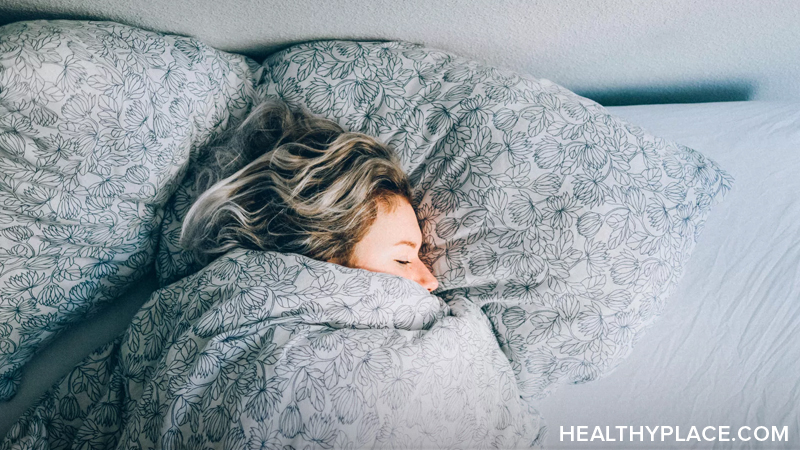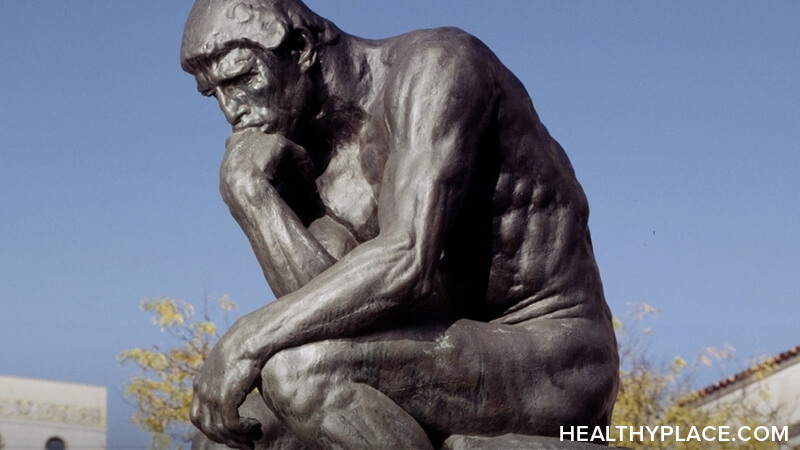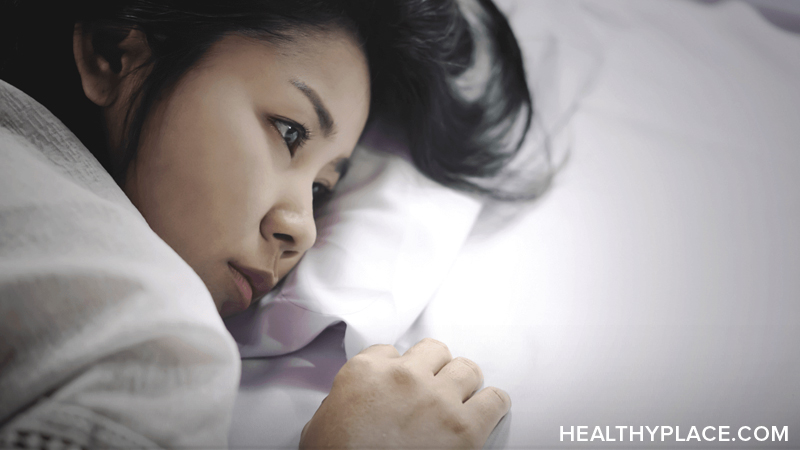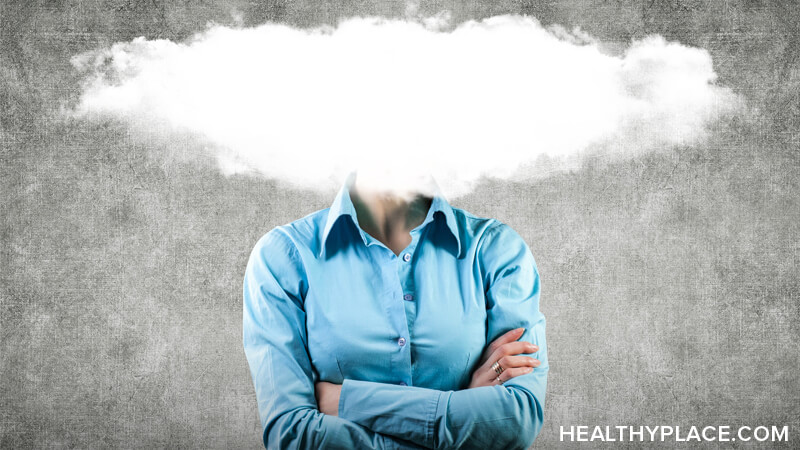What’s the Relationship Between Depression and Sleep?

Depression and sleep are common bedfellows. There’s a strong connection between sleep problems and depression, and understanding the relationship between them can help you put both to rest. Let’s explore how they’re connected, how sleep impacts depression, and what to do about the sometimes-toxic relationship between depression and sleep.
If you’re experiencing both sleep problems and depression, you’re not alone. A Harvard Medical Letter (n.d.) highlights the scope of the problem.
- Over half of all people diagnosed with major depressive disorder (MDD) have significant sleep difficulties.
- More specifically, 65-90 percent of adults with MDD have some type of sleep problem.
- Around 90 percent of children diagnosed with MDD have sleep issues.
In their article Depression and Sleep: Understanding the Connection (n.d.), professionals with Johns Hopkins Medicine inform us that people with insomnia have a risk for depression that is 10 times higher than those who don’t have sleep difficulties. Lack of sleep, then, can be a cause of depression. This can be harder to identify than it seems, however, for depression can be the cause of lack of sleep.
Something to keep in mind is that the numbers don’t speak equally to everyone. It’s becoming increasingly understood that depression affects people differently at various ages; likewise, sleep problems differ across the lifespan, too. For example, sleeping too much (hypersomnia) is a depression sleep problem, but that can change as people age. Forty percent of young adults with depression experience hypersomnia, while only ten percent of older adults have hypersomnia.
It’s important to understand the relationship between sleep and depression, and it’s also important to keep in mind that both experiences are very individualized. Know the facts and know yourself for the best possible outcome.
The Relationship Between Depression and Sleep
We know that depression and sleep are strongly linked, but which one comes first? Does depression cause sleep problems, or do sleep problems cause depression? The two are so closely linked that each one can contribute to the other. Some research has indicated that depression and sleep may share risk factors as well as biological features, making them rise and fall together (National Sleep Foundation, n.d.).
Johns Hopkins researchers have linked insomnia to depression via the emotions. When someone suffers from lack of sleep, they have a more difficult time regulating their emotions. Their overall emotional resilience—the buffer of positive emotions that allows people to deal with stress—deteriorates, leaving them vulnerable to depression.
Other biological factors unite sleep problems and depression. Seasonal affective disorder (SAD), or seasonal depression, is largely caused by the low light levels of fall and winter. These lower light levels alter the body’s natural circadian rhythms, throwing off our sleep patterns and contributing to SAD.
Depression is connected to both too much sleep (hypersomnia) and too little sleep (insomnia, either difficulty falling or staying asleep or both). Regardless of the cause or nature of your sleep problems (too many or too few zzz’s), sleep problems negatively impact depression.
Sleep and Depression: How Sleep Problems Affect Depression
Having depression and being unable to sleep properly is frustrating. Beyond that, it can make things worse. People with depression and sleep difficulties also are prone to
- Anxiety
- Cognitive problems
- Physical problems
It’s still unknown whether problems like insomnia or hypersomnia make existing depression more severe because study results are mixed. Out of the lab and into the world, some people have more intense depression symptoms when their sleep is off. Others find that sleep difficulties are annoying but don’t affect their symptoms.
This points out the fact that depression and sleep are both individualized experiences. Everyone is unique with their own biology, personality traits, and genetics. Your own experiences aren’t wrong. And whatever they are, they can be treated.
Treating Sleep Problems and Depression
If you are experiencing both sleep disturbances and depression, treating just one might not be enough to significantly help the other. Because they are so closely related, they respond best when both are addressed. And because they are intricately connected, depression and sleep problems often can be helped by the same treatment approaches.
Effective ways of overcoming both depression and insomnia or hypersomnia include:
- Therapy—specifically, an approach called cognitive behavioral therapy for insomnia (CBT-I) uses strategies that correct negative thoughts that plague you day and night
- Nutrition changes
- Learning and using effective sleep hygiene
- Discovering and implementing relaxation techniques
- Enhancing your support system
- Medication
Understanding the relationship between sleep and depression and recognizing your own experiences can help you get the right treatment. Treatment can help you overcome both sleep and depression as well as prevent depression relapse. Notice if you’re having sleep problems and how they’re affecting you you’re your depression symptoms. Seeing your doctor can help you overcome both.
APA Reference
Peterson, T.
(2021, December 30). What’s the Relationship Between Depression and Sleep?, HealthyPlace. Retrieved
on 2025, October 27 from https://www.healthyplace.com/depression/symptoms/whats-the-relationship-between-depression-and-sleep








